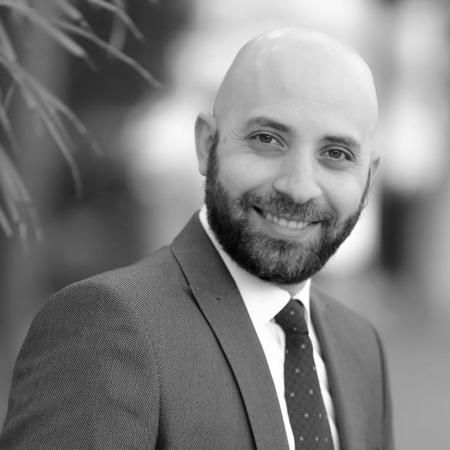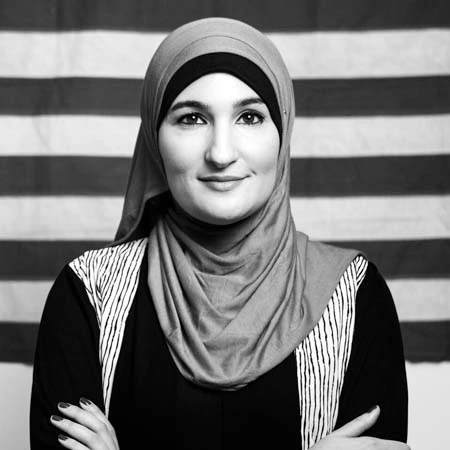Session: Internet access between reality and aspirations
The right to access the Internet is one of the basic guaranteed digital rights. However, Palestinians face permanent problems accessing the Internet due to the control of Israeli authorities over the ICT infrastructure and its discriminatory policies that deprive malefemale Palestinians of this right. While Israelis have access to5G Internet, Palestinians in the West Bank only have access to 3G and Palestinians in the Gaza Strip only have access to 2G. In addition t Palestinian communities still suffer from discrimination with regards to Internet infrastructure, which affects the quality and speed of Internet they can access. Speakers in this session will highlight the gap of Palestinian Internet access, the discrimination they suffer, and the consequences thereof.

Hussein Hammad |

Suhad Bishara |
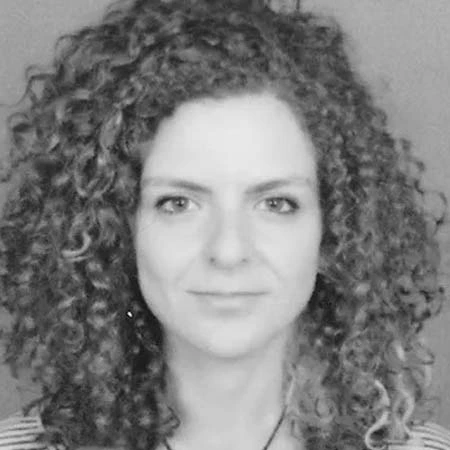
Diana Alzeer |
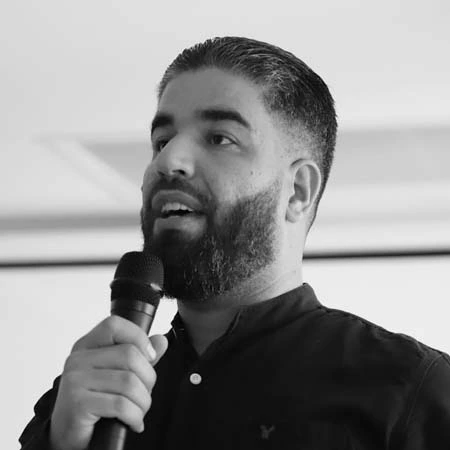
Hussein Shejaeya |
Lightning talk: Exploring Arab Stances on Twitter toward the Palestinian Cause during Sheikh Jarrah Escalation
The speaker will review a study she conducted by collecting, exploring, and categorizing Arab stances that were published on Twitter during the period of Israeli aggression against Palestinians in East Jerusalem / the Sheikh Jarrah neighborhood and the Gaza Strip last May, specifically between May 7 and 19 May.
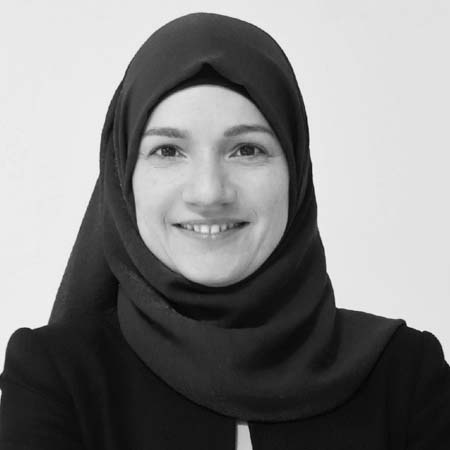
Hala Mulki |

Seher Bulut |
Q & A: Occupation and Metaverse
Although there is no single view of what metaverse is, a common slogan that is heard in technical conversations about it is that “metaverse is for everyone.” This refers to the idea that, like the Internet, no single company will control metaverse, and users will have access to different digital worlds. Such claims ignore the specific ways in which technologies become intertwined and constrained by local geopolitics and digital divides, or are unevenly recruited to serve political agendas. In Palestine, due to the entrenchment of the digital occupation and Israeli control over the ICT infrastructure, metaverse also introduces new forms of virtual exclusion and digital erasure of Palestinians.

Ameera Kawash |
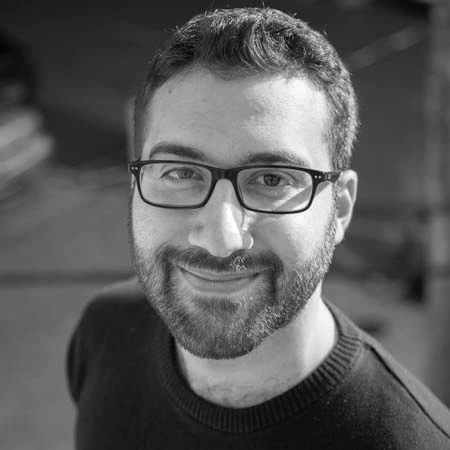
Amjad Iraqi |
Inspirational Speaker: Mary Lowler - UN Special Rapporteur on the situation of human rights defenders
UN Special Rapporteur on the situation of human rights defenders
Session: How did alternative media contribute to supporting digital activism and solidarity in the Arab World?
Alternative media platforms played a role in increasing creativity in journalism and have created a wider space for critical thinking in the face of persistent restrictions on media and press freedoms. The alternative media seek new methods and spaces in which the rigor of journalistic work intersects with utilizing digital tools and creative writing methods. This session highlights notable experiences of Palestinian and Arab media institutions that follow alternative media productions. We will also have a discussion about the challenges and opportunities created by the use of digital spaces to serve journalism.
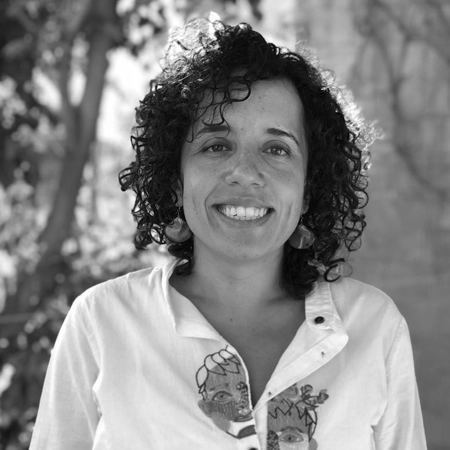
Reem Almasri |
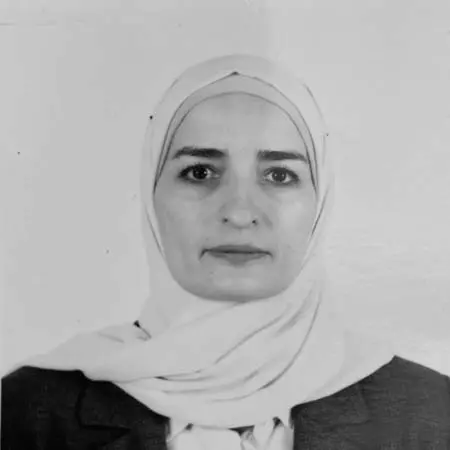
Hanadi Dwikat |

Mohamed Hamama |
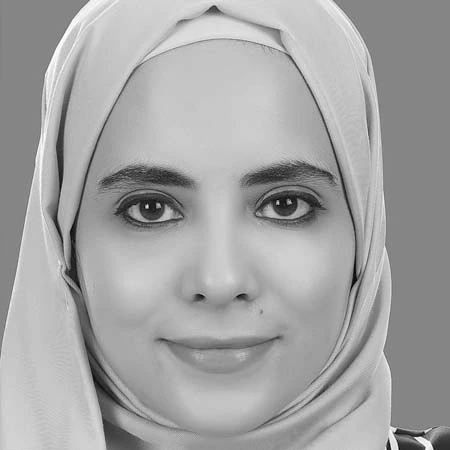
Jumana Ghanem |
Talk: Why free knowledge is a human right: how Wikipedia is advancing human rights and access to knowledge
This workshop will provide space to talk about Wikipedia as an open and free website and its importance in digital activism and solidarity. The workshop also answers the questions of activists and content creators about publishing and modifying content on this site. The executive director of Wikipedia will also highlight the most important content management policies and how they affect content creators in Palestine in the present situation.
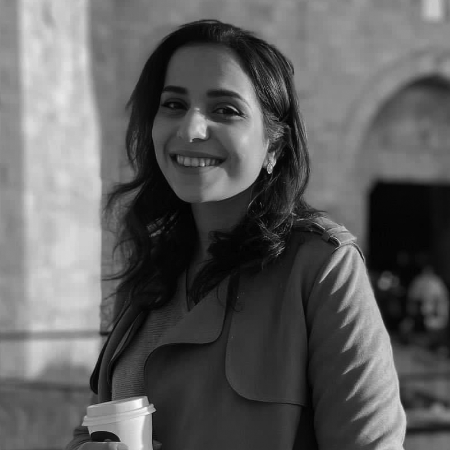
Zainah El-Haroun |
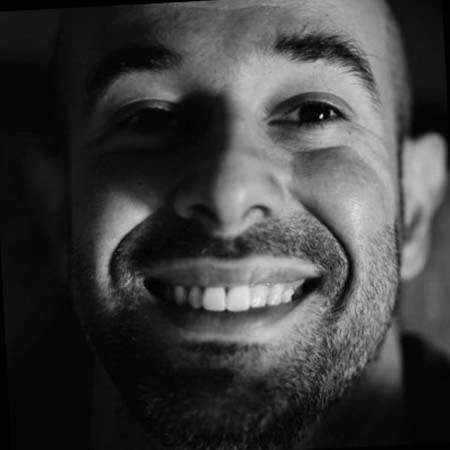
Cameran Ashraf |
Session: The use of surveillance technologies against activists and human rights defenders
This session highlights the threats posed by surveillance and espionage technologies, particularly Pegasus spyware, against activists and human rights defenders. Many governments and repressive regimes increased their use of Pegasus spyware against activists, journalists and opponents. The speakers will address many aspects, starting with a review of the sides that have worked extensively this past year on developing Pegasus spyware and its impact on self-censorship and limiting digital rights.
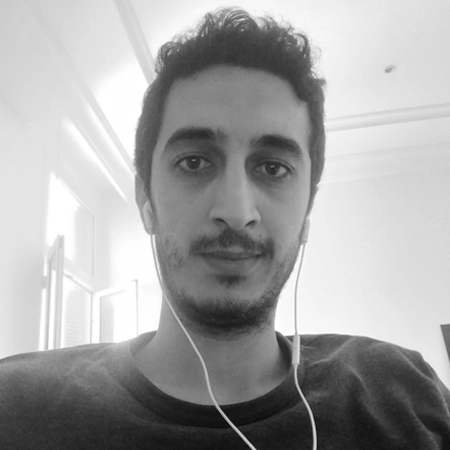
Raed Labassi |
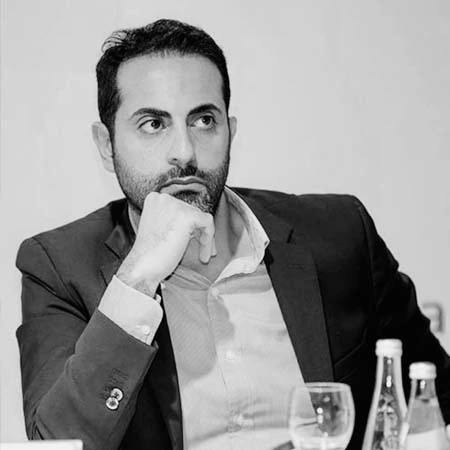
Alaa Mahajna |

Luis Fernando |
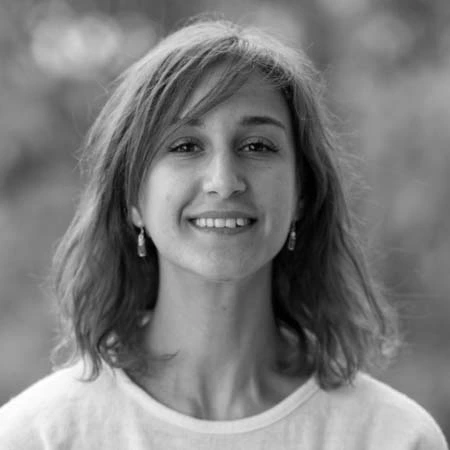
Mariam Barghouti |
Session: Economic Deplatforming. Digital economic discrimination against Palestinians
Palestinians are deprived of basic rights in digital spaces; they do not have access to financial platforms like everyone else around the world, which largely affects the creation of new opportunities and spaces for work. Therefore, freelancers are increasingly constrained in their attempts to seek jobs at international companies and organizations. In addition, digital economic discrimination constrained financial assistance transfers to victims of Israeli aggression against Gaza last May. This discrimination limits Palestinians’ opportunities to receive financial assistance from institutions and individuals that stand in solidarity with Palestine.

Eric Sype |
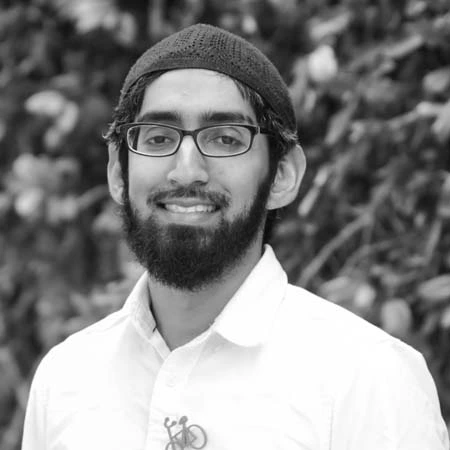
Ishraq Ali |
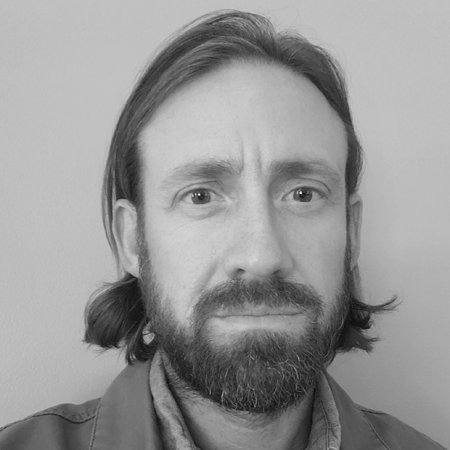
Richard M Stazinski |

Lama Amr |
Workshop: How to verify misleading news (possibly linked to deepfake)? Combating misleading content on social media
Modern technologies and social media created opportunities to spread misleading news which some authorities and entities use to disturb public order and divide people. Therefore, it is important to increase awareness-rising efforts and to combat it through modern technologies, which can be used to design and spread misleading news and content that can be very similar to reality and highly convincing to social media audiences (deepfake). This workshop will highlight various misleading content, particularly that with visual and audio clips and images designed to mislead public opinion.

Maisoon zoabi |
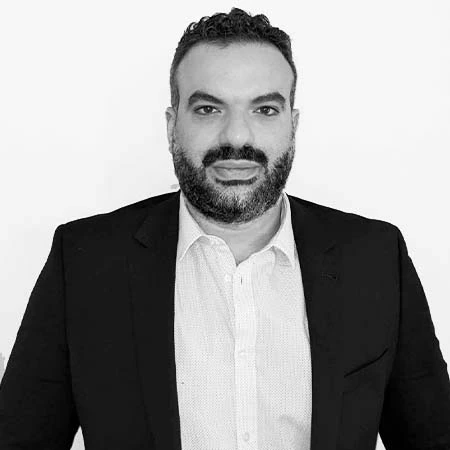
Mahmoud Elmasry |
Session: Digital rights from a feminist perspective. How to create a secure digital space for women?
Social media allows users to disseminate stereotypes about women and allow them to commit gender-based violence online. For example, women are subject to blackmail and negative memes, images and videos in digital spaces. As a result, they very often find digital spaces dangerous and uncomfortable to navigate. Hamleh center previously published research done by “mo’annafeh* network” which concluded that one third of Palestinian female youth are subject to violence and harassment on internet and social media, and also that one out of every four women deletes their accounts as a result of violence and harassment. Therefore, this session will explore secure digital spaces from a feminist perspective. *mo’annafeh can be translated as “female victims of violence”.
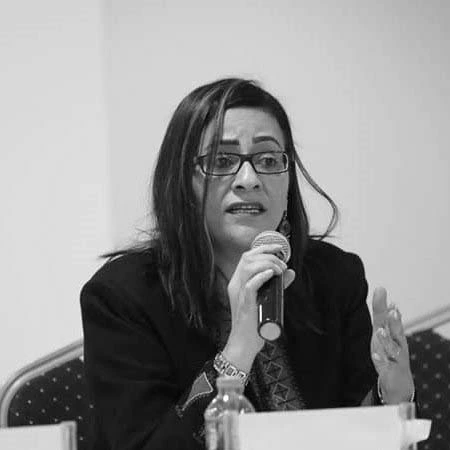
Wafa’ Abdel Rahman |
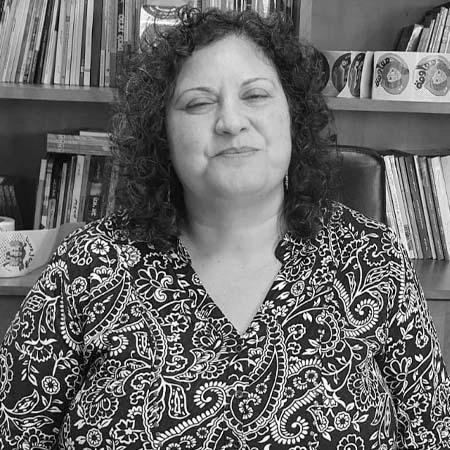
Lamia Naamnih |

Nighat Dad |

Marwa Azelmat |
Lightning talk: Using memes as effective tool in campaigns
Social media enabled the appearance of meme culture, which content makers try to utilize to deliver interesting messages. In fact, campaigners utilize memes to serve issues, raise awareness and to exercise pressure to change policies in the long term. Therefore, this workshop will help us understand how to use memes to serve our campaigns.
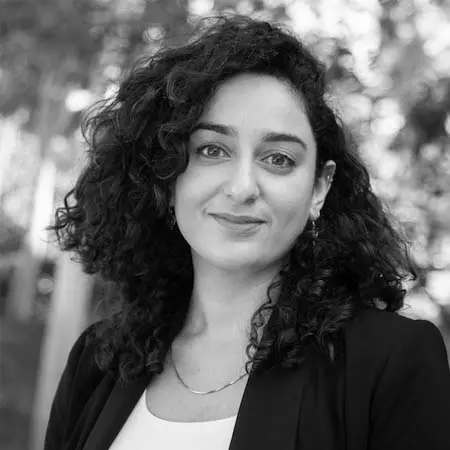
Sulafa Zidani |

An Xiao Mina |

Dima Saber |




